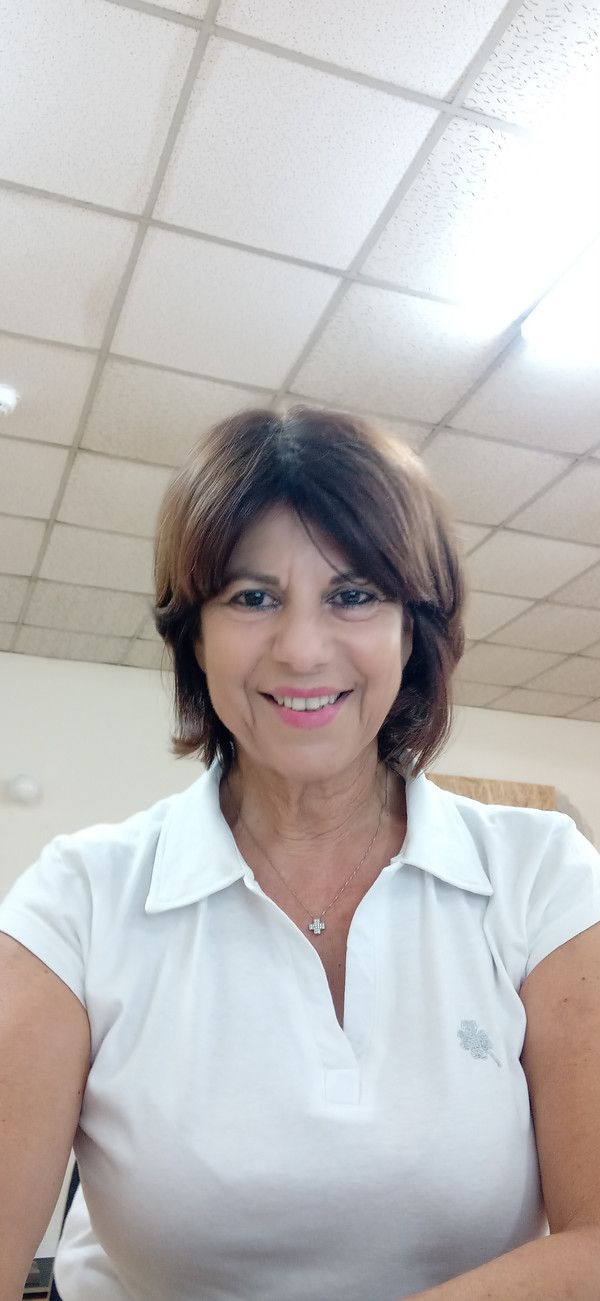Preparing Healthcare Students for Real-World Challenges: Insights from the EHECADI Project from Cyprus

Whilst our university study programmes aim to equip us with the knowledge we need for the career paths we have chosen to follow, it doesn’t always mean that when we leave university we are fully prepared for what is to come. Oftentimes there are gaps between theory and practice, or shades of grey that are not always easy to teach in a classroom.
What is one thing that those working in the field wish their degree programme had taught them? What do those working in the health and social care sector believe is most important for today’s students? This is what the partners of the European Health Care Final Dissertation (EHECADI) project asked healthcare professionals in the fields of nursing, physiotherapy, occupational therapy, and nutrition and dietetics.
Funded by the Erasmus+ programme, the European Health Care Final Dissertation (EHECADI) project will support healthcare students from different disciplines to address broad societal health issues such as healthcare equity, epidemic preparedness, underinvestment in healthcare workers, health needs of migrant populations.
Our first interview was with Iliana, a physiotherapist at the Christos Stelios Ioannou Foundation (Ίδρυμα Χρίστου Στέλιου Ιωάννου) in Cyprus. The Christos Stelios Ioannou Foundation is a multidimensional organisation for the provision of services, as well as a model centre offering high standard specialised programmes and services to around 200 adults, with moderate and mild mental disabilities from all over Cyprus.
- Where do you work? What is your role in your current organisation?
Iliana: I work in a rehabilitation center for adults with intellectual disabilities. My current role is as a Physiotherapist.
- Day to day, what do you do in your role?
Iliana: I practice physiotherapy sessions according to a fixed weekly programme. Most clients have neurological difficulties. I treat musculoskeletal and other pathologies when needed. I also do home visits and advise on and provide the correct and special equipment for facilitation and safety.
- Was this a role you always saw yourself doing?
Iliana: Yes.
- What did you study?
Iliana: Physiotherapy studies.
- Do you think your studies prepared you well for your job? What did it do well? What would you have liked?
Iliana: My studies provided me with a lot of academic knowledge, which gave me a lot of respect for my profession and prepared me to be able to adjust my knowledge to this special environment. My studies didn’t actually prepare me well for my job because my internships only took place in hospitals.
I would like to have been trained and prepared more in a variety of establishments as well as have received trainingin how to cooperate with other professionals.
- If there is one, what is the main thing you realise was different to what you expected once you started practicing your profession?
Iliana: Having to adapt my experience in clinical and hospital environments to that of an educational organisation’s environment.
- What would you say are the biggest challenges, and the biggest rewards, in your line of work?
Iliana: I believe my biggest challenges are safety in wheelchair transportation and independent walking since there are a lot of older-aged disabled people with osteoporosis, visual, psychiatric, and other pathologies. Also burn out. My biggest rewards are the satisfaction and the positive attitude I receive from my clients.
- The EHECADI project will work to develop a course for healthcare students to have a better understanding of societal needs and be able to increase their employability. What do you think students should be taught in their studies now, to equip them for delivering quality support in the coming years?
Iliana: Academic knowledge and working in different establishments with a variety of patients. Also, to be trained in how to support wheelchair-use when out in public, (transportation on buses, trains etc. so that students can be able to further understand the needs of persons with disabilities). A knowledge and understanding of legislation is also very important.
To find out more about the European Health Care Final Dissertation (EHECADI) project, you can visit the project webpage here.

